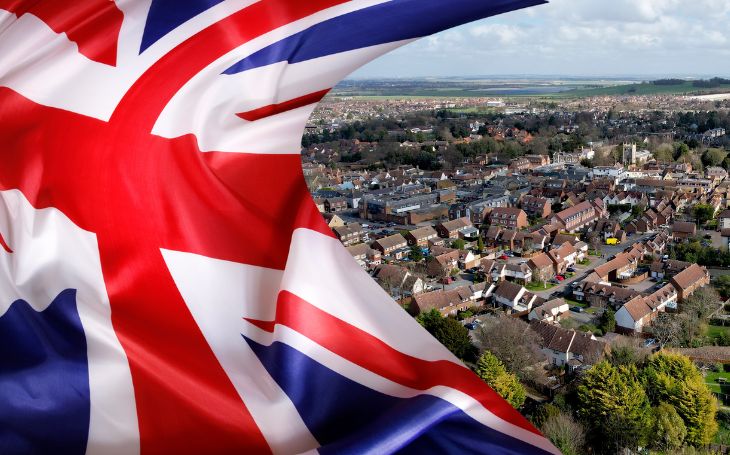
As the new year gets underway, the Bank of Canada’s schedule for 2026 interest rate announcements has come into focus, with eight fixed decision dates on the calendar.
All announcements will be released at 9:45 am ET. The Bank’s Monetary Policy Report, which includes updated economic and inflation forecasts, will be published alongside the January, April, July, and October rate decisions. The first announcement will launch later this month, with seven following throughout the rest of the calendar year.
The full schedule for 2026 is as follows:
- Wednesday, January 28
- Wednesday, March 18
- Wednesday, April 29
- Wednesday, June 10
- Wednesday, July 15
- Wednesday, September 2
- Wednesday, October 28
- Wednesday, December 9
As the new year settles in, attention is turning to how the Bank will navigate monetary policy over the year ahead, following a series of rate cuts in 2025 that brought the benchmark overnight rate to 2.25%.
While each decision will remain data-dependent, most major Canadian banks and economists have entered 2026 expecting the Bank to maintain a steady policy stance.
Recent outlooks from RBC, TD, and CIBC have pointed to moderating inflation and slower economic growth as factors supporting a prolonged hold. Other institutions, including National Bank and Scotiabank, have suggested that modest rate increases later in 2026 remain possible if economic conditions strengthen, or inflation proves more persistent than anticipated.
Industry insiders are also weighing in on what the year ahead may hold.
"My projection is that rates would be held all year given the current setup," says Daniel Foch, Chief Real Estate Officer at Valery.ca. "But I expect the setup to change."
"I think Q4 2025 GDP data will read negative," he continues, "and Q1 2026 could as well, giving us a technical recession. I think unemployment will continue to rise, and inflation will continue to fall, and the Bank of Canada could have more runway to cut by the summer of this year."
As it stands, investors and borrowers alike are closely watching upcoming economic data — and the Bank’s quarterly forecasts — for clearer signals on the path forward.


